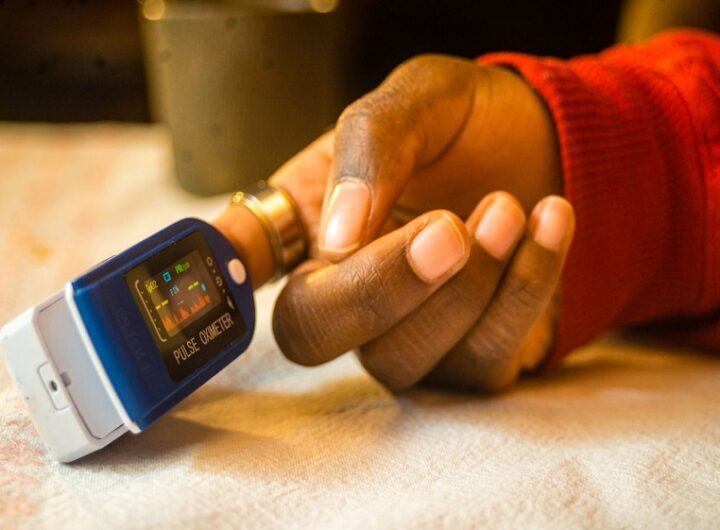
Infertility can be a challenging journey. Thankfully, certain aspects of lifestyle are within reach of change. In this blog, I share insights from Dr. Michael Cho, a respected infertility specialist. Understanding what can be adjusted in daily life is key. Simple choices may impact fertility more than expected. Together, we will explore three lifestyle changes that can make a difference.
Diet and Nutrition
What we eat influences our bodies in profound ways. This includes fertility. A balanced diet supports both reproductive health and overall well-being. Focus on whole foods like fruits, vegetables, lean proteins, and whole grains. Avoid processed foods high in sugar and unhealthy fats.
Here’s a simple table to guide food choices:
| Food Type | Recommended | To Limit |
| Fruits and Vegetables | Leafy greens, berries, oranges | Fruit juices with added sugar |
| Proteins | Lean meats, fish, legumes | Red and processed meats |
| Grains | Whole grains like brown rice | Refined grains like white bread |
Harvard’s School of Public Health suggests that proper nutrition can play a role in improving fertility. By choosing nutrient-rich foods, the body gets the support it needs.
Exercise and Physical Activity
Staying active is another crucial factor. Regular physical activity helps maintain a healthy weight, which is important for fertility. Aim for moderate exercise, like walking or cycling, at least three times a week. Avoid excessive or high-intensity workouts, as they may have adverse effects.
Physical activity benefits both men and women. It helps regulate hormones and maintain a healthy cardiovascular system. The Centers for Disease Control and Prevention emphasizes the positive impact of regular exercise on health, including reproductive health.
Stress Management
Stress is a common part of modern life, but it can interfere with fertility. Finding ways to manage stress is essential. Simple techniques like meditation, deep breathing, or yoga can help. Allocating time for hobbies or spending time with loved ones can also reduce stress levels.
Remember, stress affects both emotional and physical health. By managing it effectively, we create a healthier environment for fertility. It’s about finding the right balance and taking small steps toward a calm and peaceful mind.
Conclusion
Understanding and adjusting lifestyle choices can positively impact fertility. By focusing on diet, exercise, and stress management, we take control of what we can change. These choices not only support fertility but also improve overall health and quality of life. It’s about taking a holistic approach and making intentional decisions every day.
Through small, sustainable changes, the path to fertility can become clearer and more manageable. Rely on expert insights like those from Dr. Michael Cho to guide the way, and stay informed through reliable sources. It’s a journey where every step counts.

 From Lab to Lifestyle: How the Science of Quality Assurance in Manufacturing Reliable Supplements Protects Consumers and Businesses
From Lab to Lifestyle: How the Science of Quality Assurance in Manufacturing Reliable Supplements Protects Consumers and Businesses  Top Myths About Pediatric Home Health Care Debunked
Top Myths About Pediatric Home Health Care Debunked  Immunity IV Drips – Your Frontline Defense Against Modern-Day Fatigue, Illness, and Burnout
Immunity IV Drips – Your Frontline Defense Against Modern-Day Fatigue, Illness, and Burnout  Is Vasectomy Painful? What Men Should Know about the Procedure
Is Vasectomy Painful? What Men Should Know about the Procedure  Low Blood Oxygen? These 5 Shocking Causes Might Be Putting You at Risk!
Low Blood Oxygen? These 5 Shocking Causes Might Be Putting You at Risk!  Cardiologists And The Approach To Pediatric Heart Conditions
Cardiologists And The Approach To Pediatric Heart Conditions  The Best Practices For Maintaining Healthy Gums In Willow brook
The Best Practices For Maintaining Healthy Gums In Willow brook